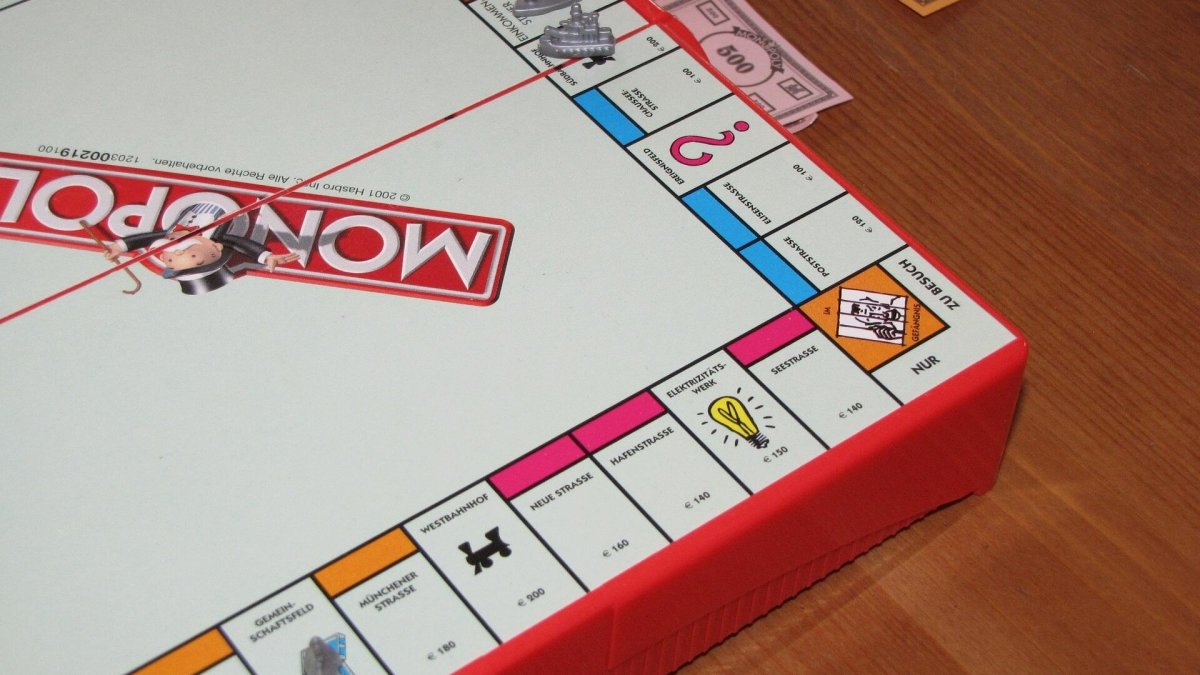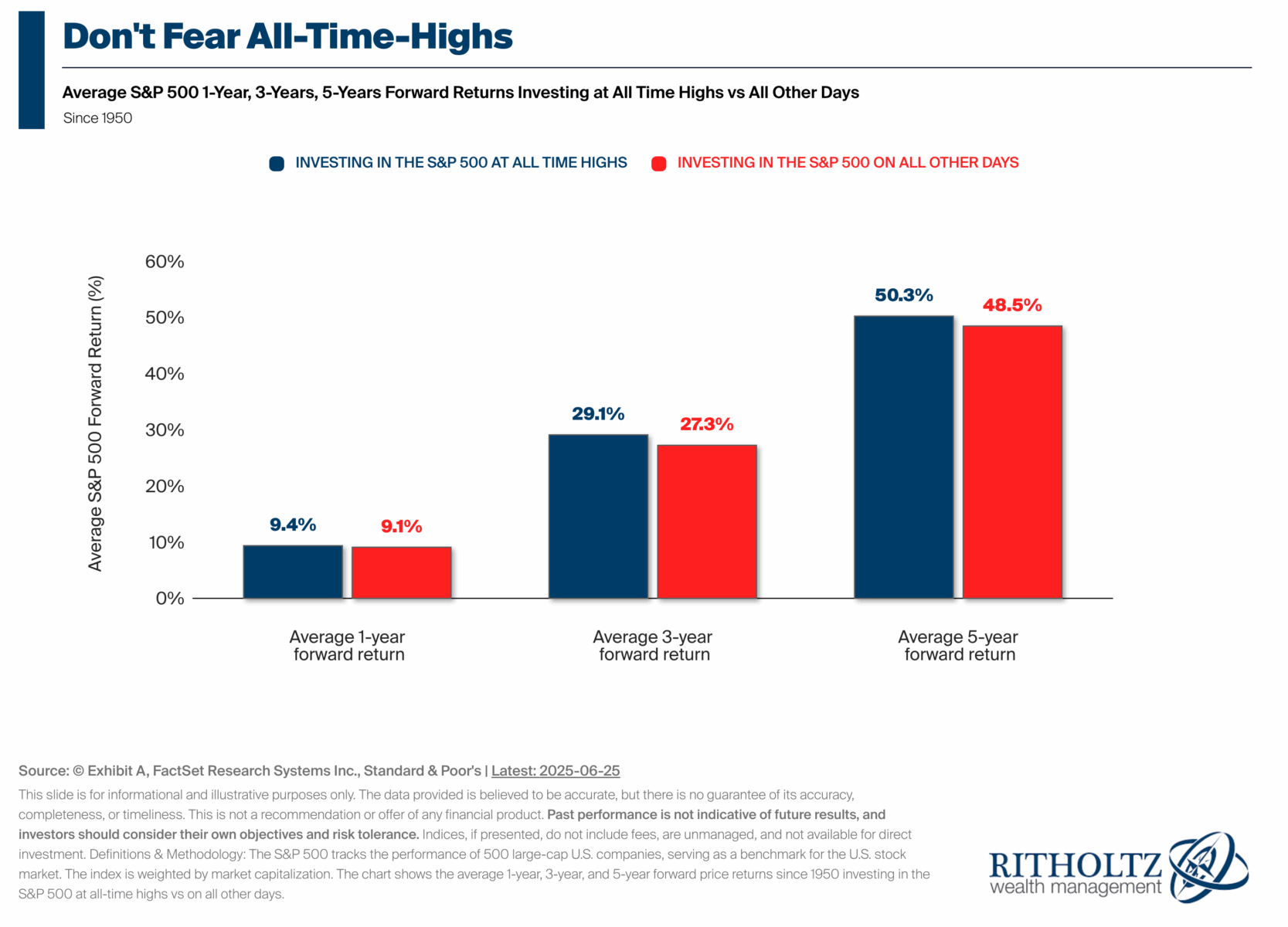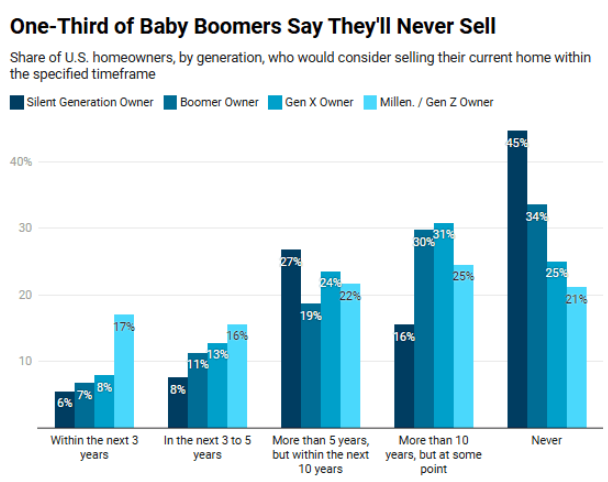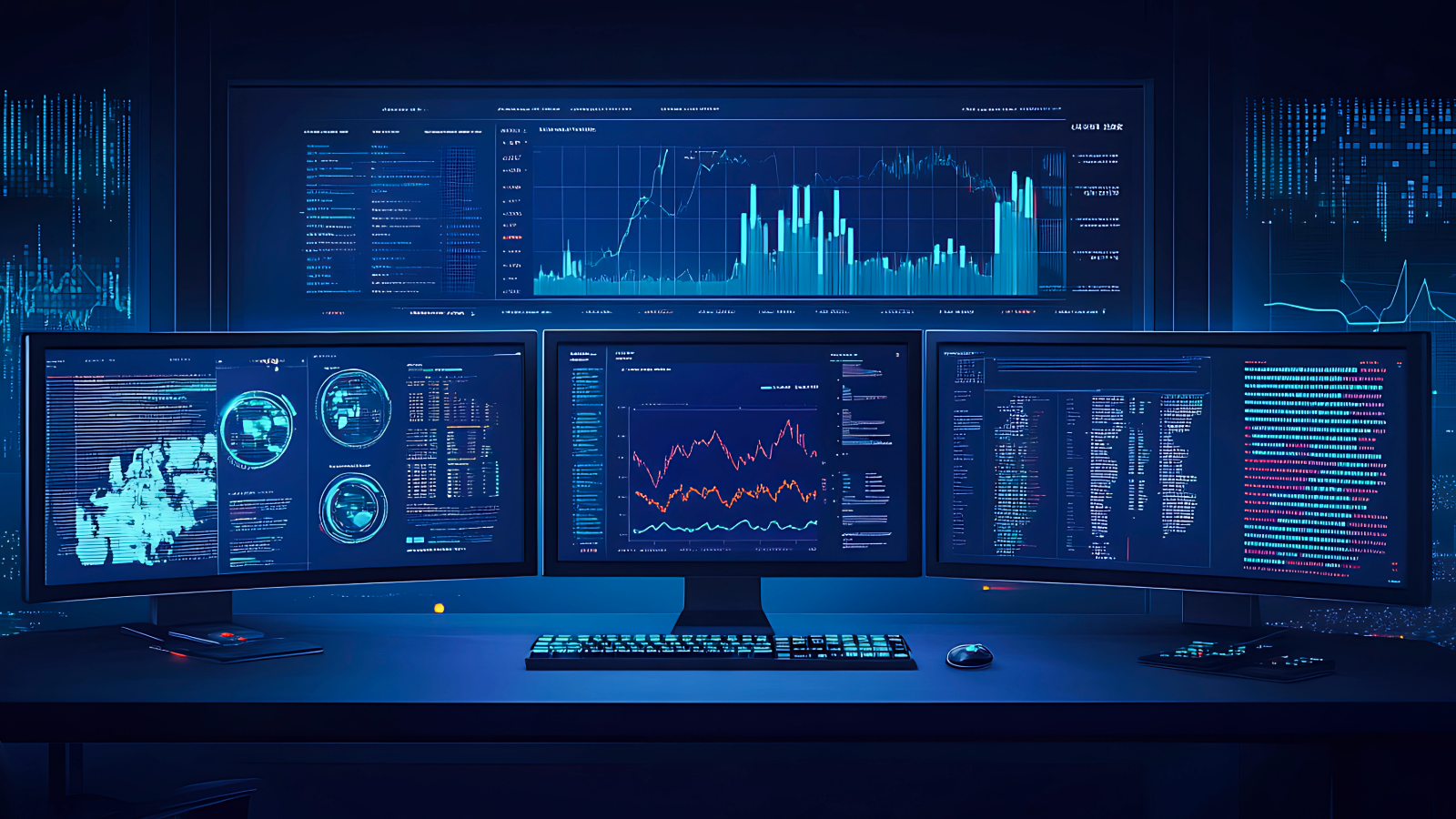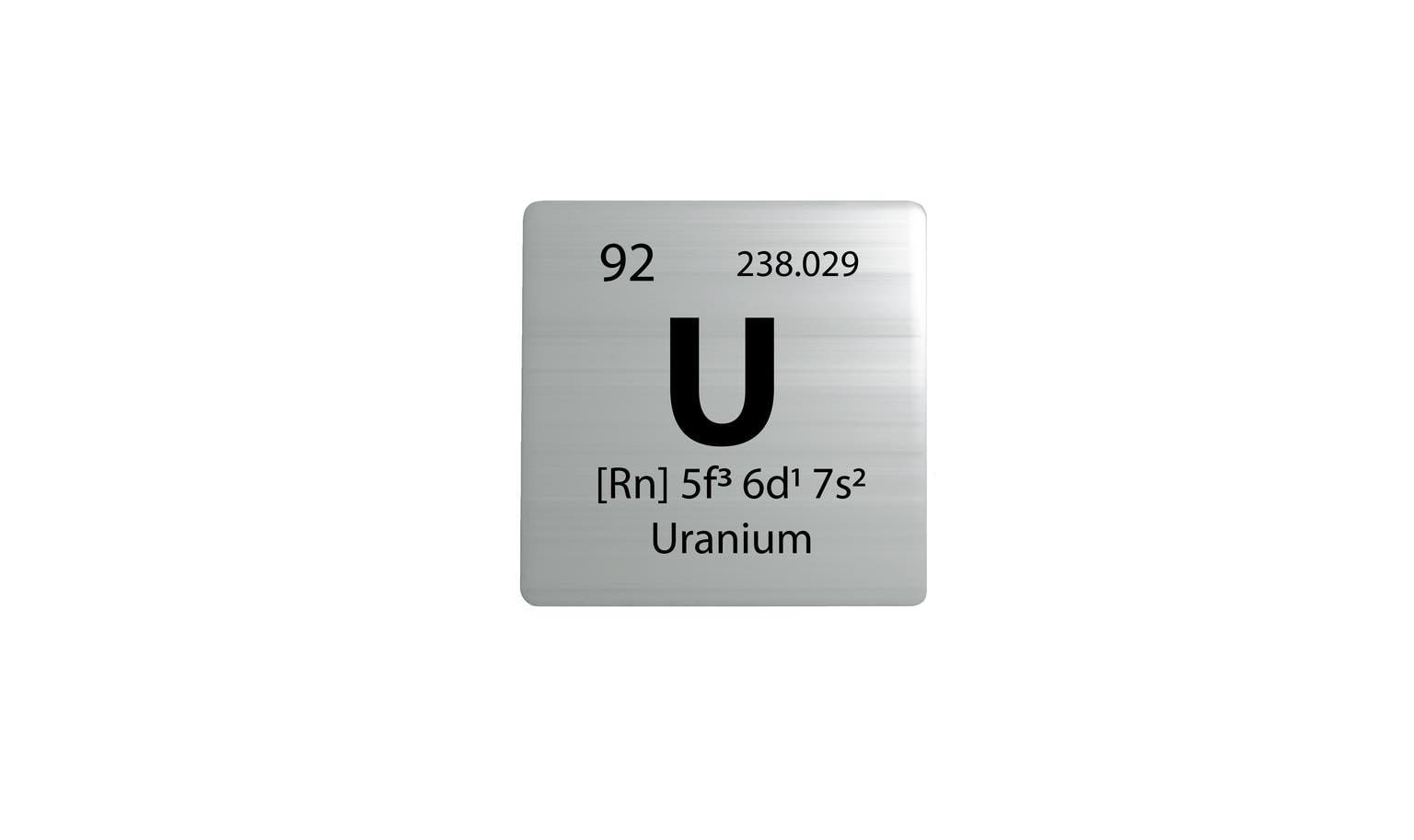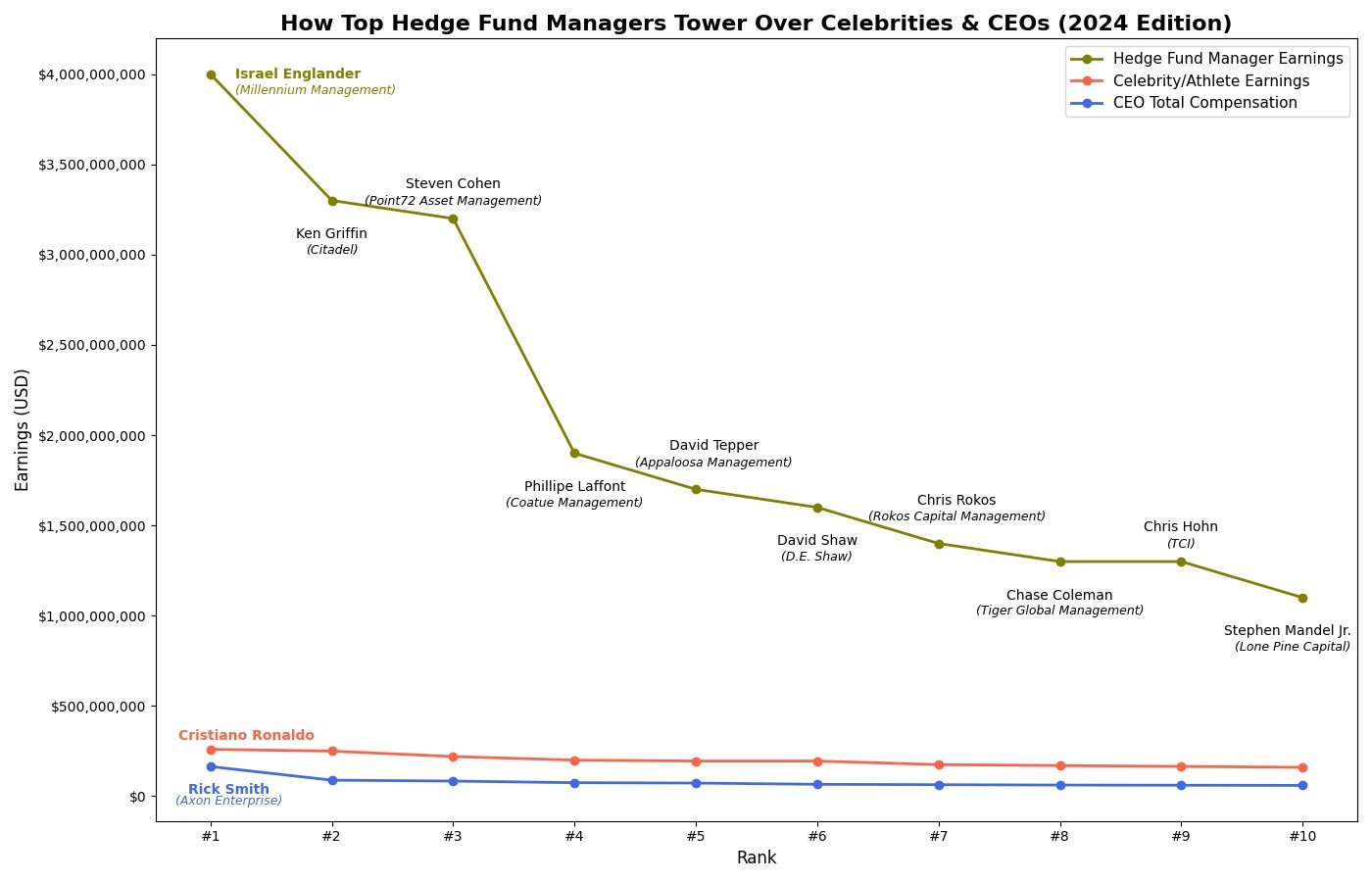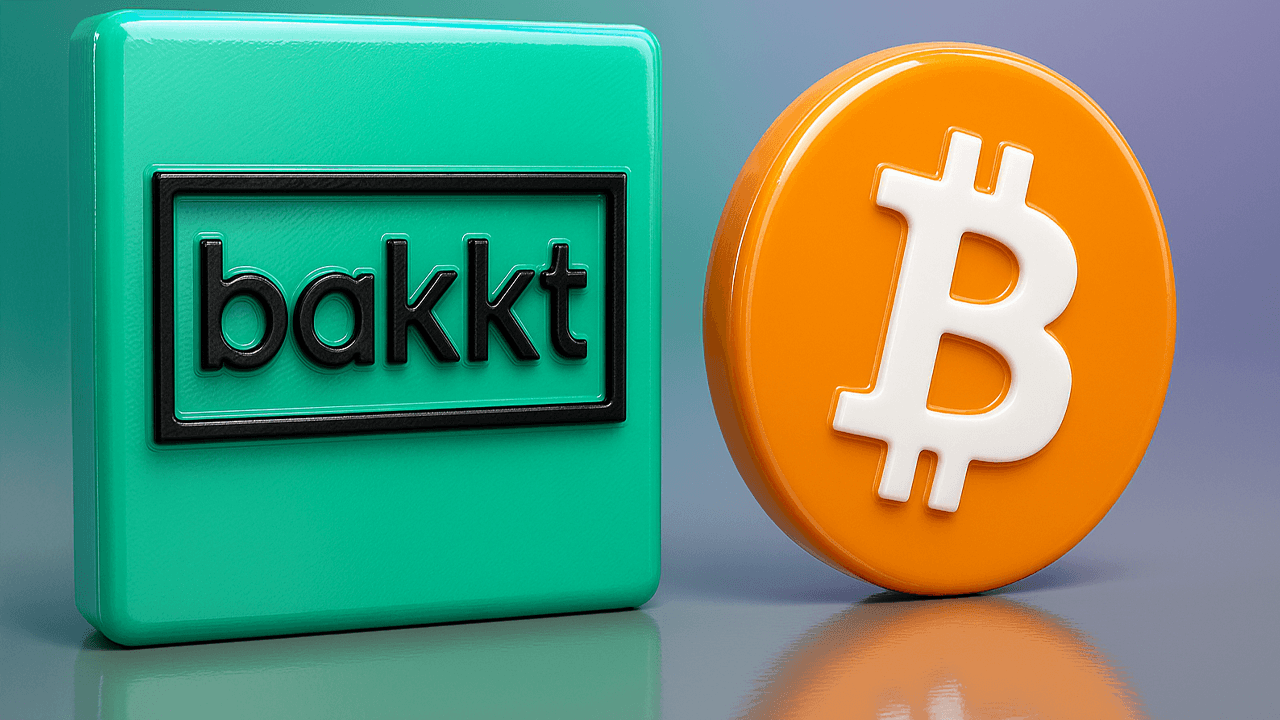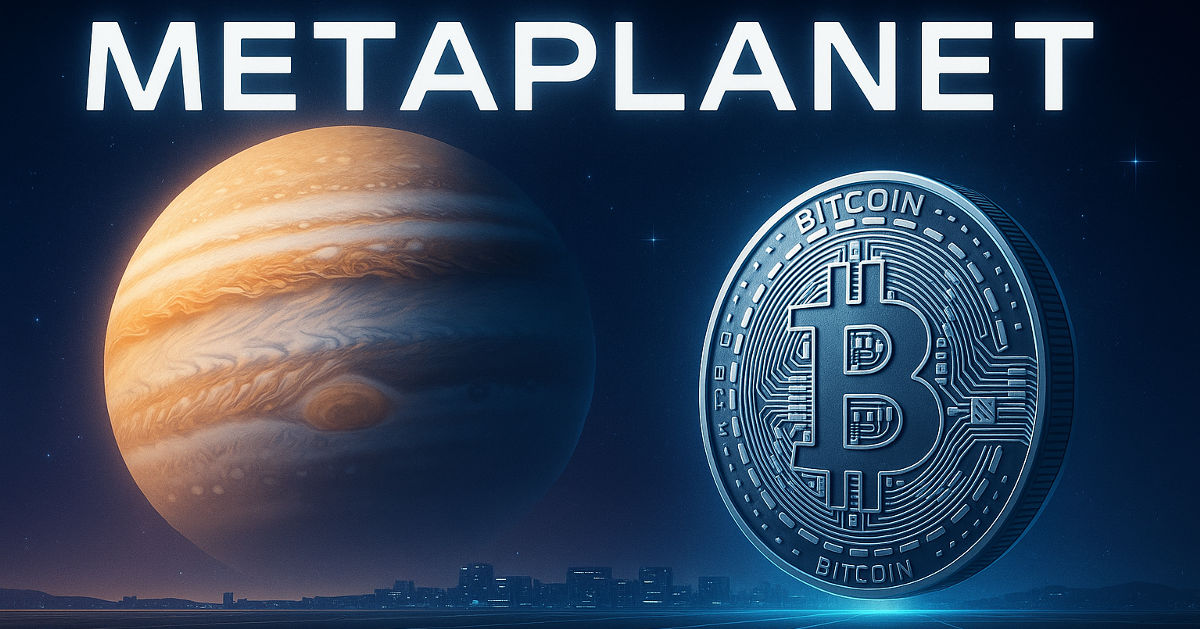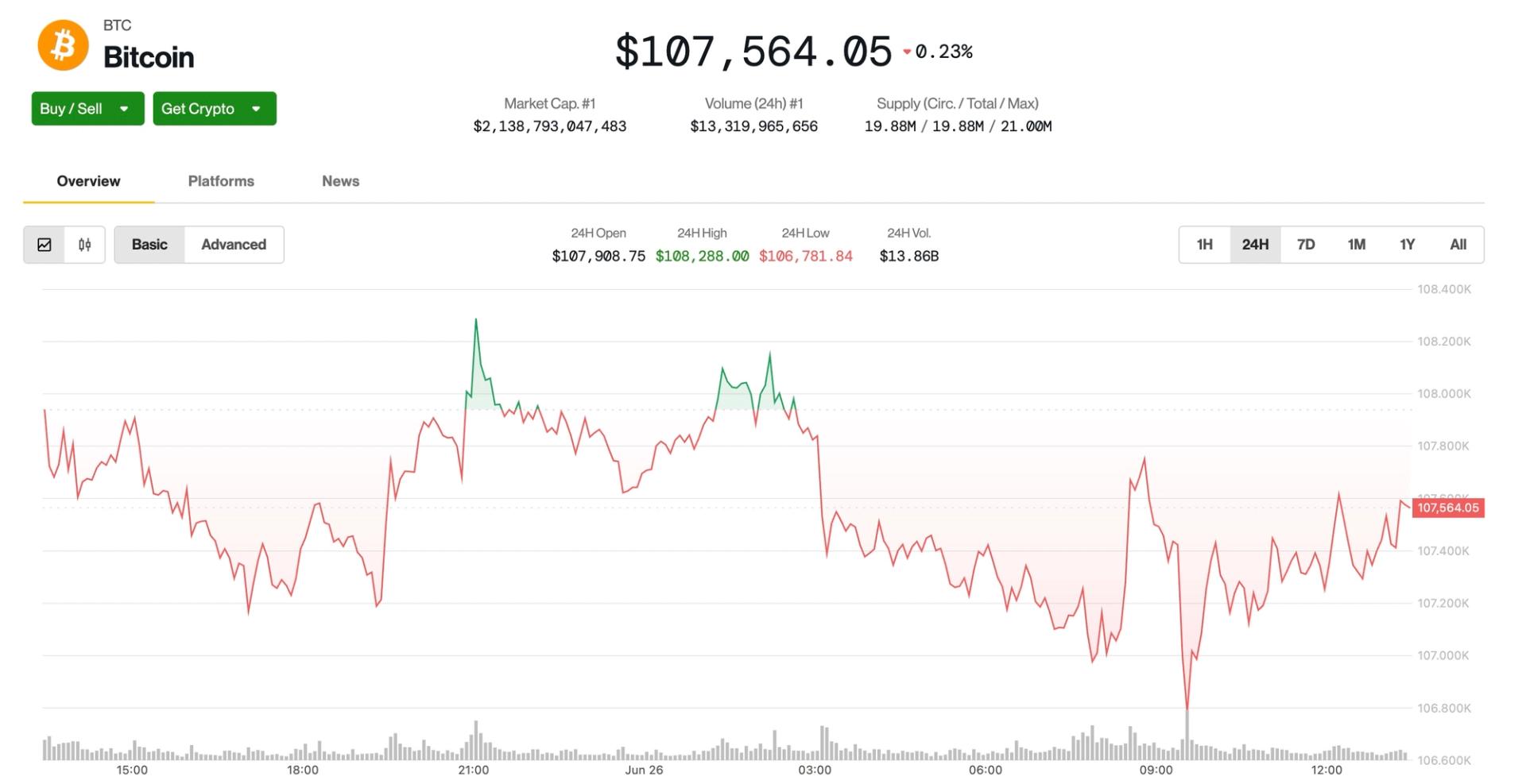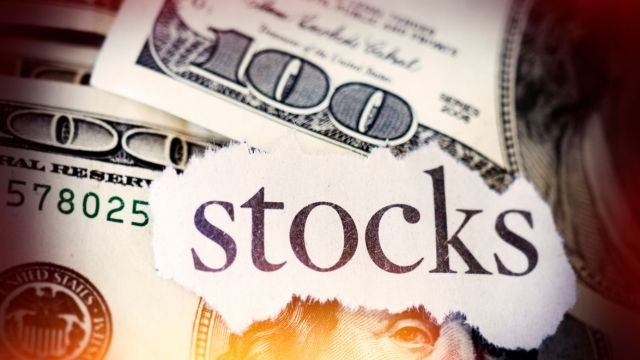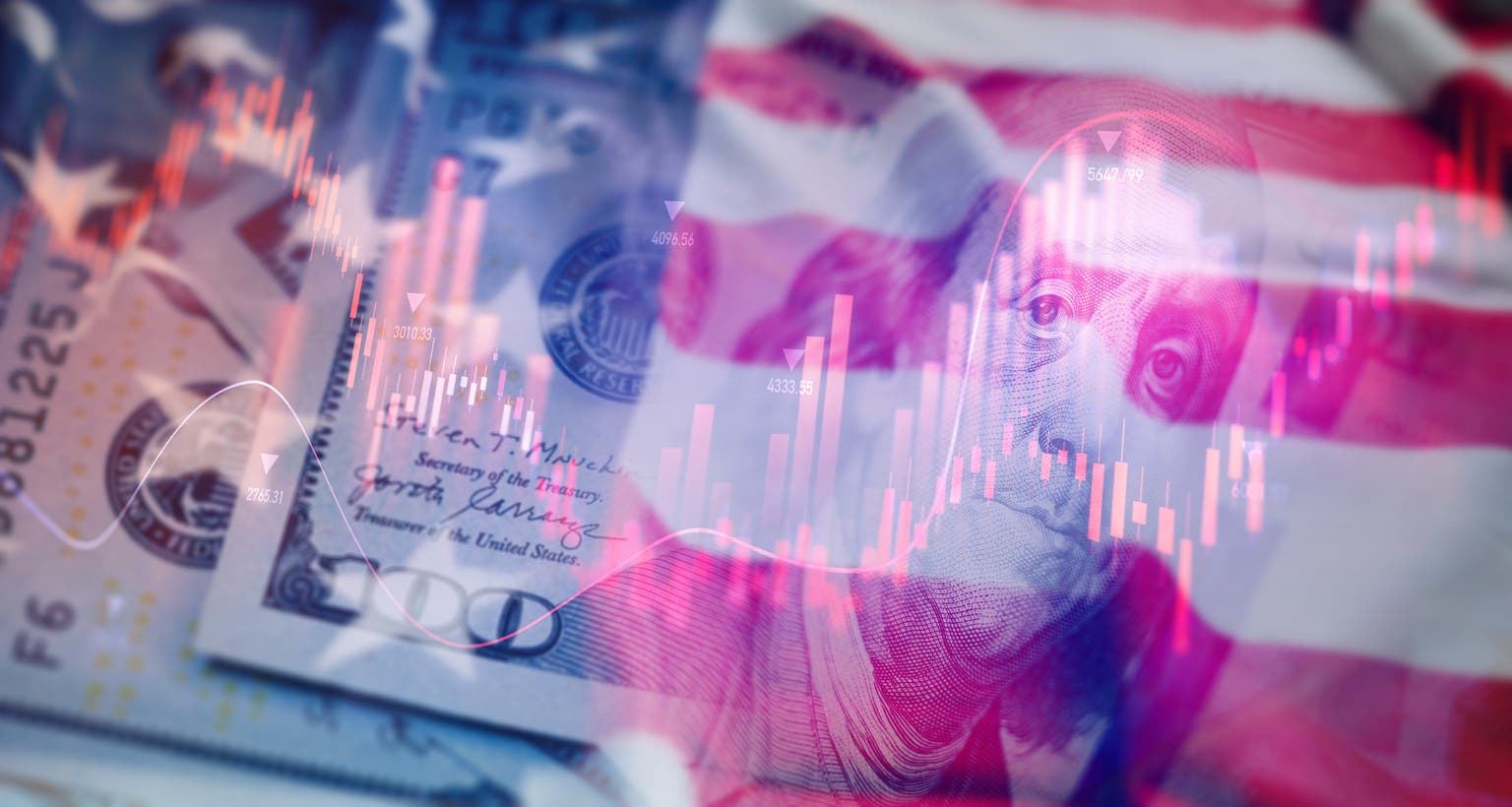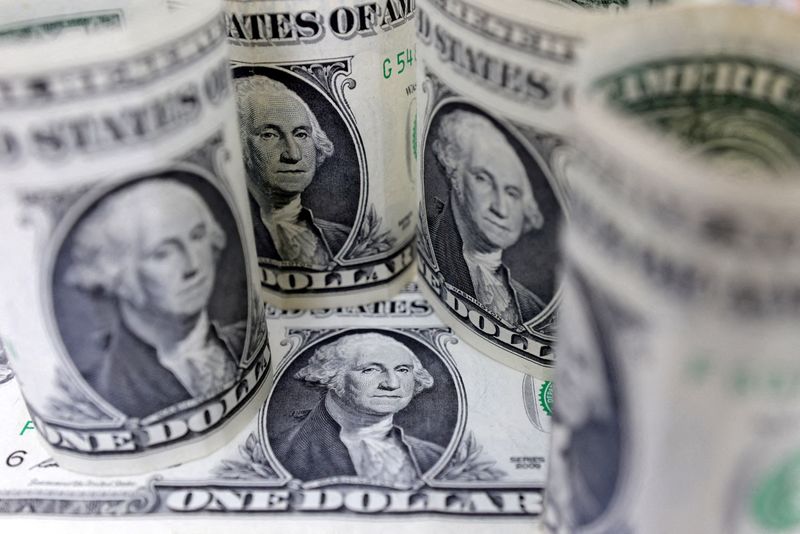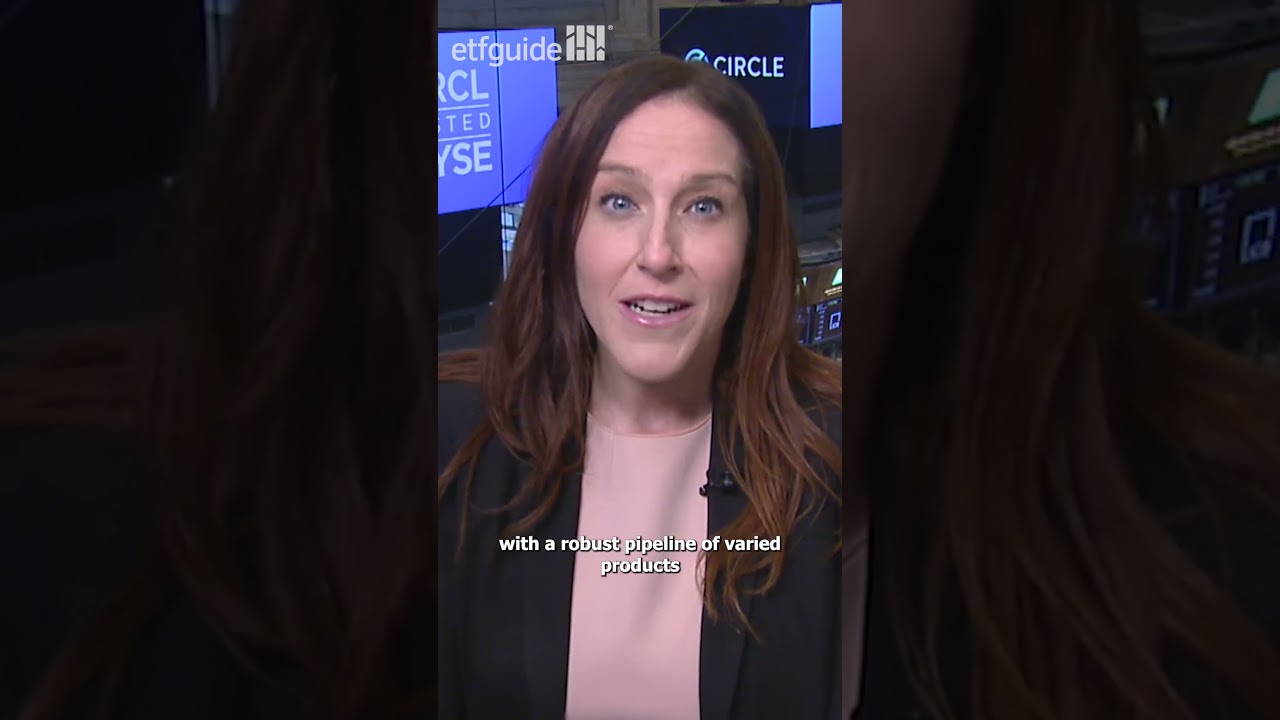China’s Super AI Chip Steps Up
Watch the Video Transcript: [00:00:04] Doug McIntyre: So Lee, this is sort of the dynamics right now of the, what I would call the super AI chips. [00:00:09] Doug McIntyre: You’ve obviously gotten NVIDIA. NVIDIA has now said that the, uh, AI in China is as good as it is in the United States. So […] The post China’s Super AI Chip Steps Up appeared first on 24/7 Wall St..
Key Points
-
Huawei is reportedly producing AI chips that rival NVIDIA’s (NASDAQ: NVDA) in performance but at lower cost, posing a serious threat to NVIDIA’s international business.
-
The potential shift toward less power-intensive Chinese chips could reduce data center electricity costs, an increasingly critical factor as AI workloads grow.
-
U.S. grid limitations and surging power demands—particularly from AI and data centers—point to structural energy constraints that could affect the viability of NVIDIA’s growth assumptions.
-
With the markets whipsawing on volatility, tariffs and trade deals now is the best time to meet with a financial advisor to see if you’re on track, or behind with your retirement plans. It only takes a moment, and is completely free. Click here to get started.
Watch the Video
Transcript:
[00:00:04] Doug McIntyre: So Lee, this is sort of the dynamics right now of the, what I would call the super AI chips.
[00:00:09] Doug McIntyre: You’ve obviously gotten NVIDIA. NVIDIA has now said that the, uh, AI in China is as good as it is in the United States. So that means that China’s less expensive chips work. You, you, you, you don’t need the highest end NVIDIA chips to create great I AI products. And you do have a couple of very good AI chip companies, uh, in China.
[00:00:39] Doug McIntyre: Which one do, who do you like? Who do you like?
[00:00:42] Doug McIntyre: Well,
[00:00:42] Lee Jackson: I mean, clearly the chatter you hear outta China is that Huawei, you know, who is, who is not one of our favorite vendors over here, um, is got a chip that’s gonna compete straight up with it. And you gotta believe that it won’t be near the premium price that then NVIDIA chips are going for.
[00:01:02] Lee Jackson: And if they come up with that NVIDIA could really face some, some serious trouble.
[00:01:08] Doug McIntyre: Yeah. Uh, keep, keep going. I’m just going over to look at NVIDIA’s price today. So, well,
[00:01:14] Lee Jackson: you know. It, it is interesting. E every time the, you know, you can tell that there’s been huge algorithmic trading, buying and selling, uh, of NVIDIA because anytime there’s negative futures, you know, NVIDIA and the QQs trade down and that anytime things are positive, it trades back up.
[00:01:34] Lee Jackson: I mean, NVIDIA got down to, what, 95, 90? It’s now back over 110, whatever.
[00:01:42] Doug McIntyre: Yeah. Yes.
[00:01:43] Lee Jackson: This, this would be a total kill shot to the huge growth that NVIDIA has shown over the last five years, seven years, that it would be really, really bad. And Huawei has the, the wherewithal and obviously they’ve got the ear of the communist Chinese government to keep producing and to put out items that are helpful for their internal economy.
[00:02:09] Lee Jackson: So, yeah, I mean, I think that could be big, really big.
[00:02:13] Doug McIntyre: Well look, they’re down. NVIDIA’s down. Depends on the day between 15 and 20%. Depends on one of those days when the and NA is way up or its way down. Right. But here’s the problem. Chinese chips are not gonna get sold in the United States. There’s too much paranoia on the part of the government that never used to steal intellectual property or the phone numbers of people’s girlfriends or something.
[00:02:40] Doug McIntyre: But what it does mean is, is that NVIDIA’s customer base outside the United States in many cases, are gonna start to look at these chips as less expensive. Oh, absolutely. To NVIDIA. There’s another part of this that people haven’t looked at. Less powerful, less expensive chips tend to eat up less electricity.
[00:03:05] Doug McIntyre: Yep. So if you, if you believe that Chinese AI is very, very good and you’re willing to default to that as the product you’re gonna use, it may be that your AI data centers do not need to suck up as much electricity, which means you don’t have to pay as much for electricity, which means the cost of goods sold in that business tends it gets a little bit better.
[00:03:31] Lee Jackson: Yeah. It really is, as we’ve discussed in in other times, that the concerns on the electrical grid are huge because obviously we’ve never really done anything to upgrade our grids. They always do it, you know, when they have to, oh, we better fix this. Why didn’t you fix it before?
[00:03:53] Lee Jackson: Well, we didn’t have the money, we didn’t have this or that. But yeah, if, if you could have a chip that, that runs and charge, uses less electricity, that would be huge.
[00:04:05] Doug McIntyre: Well look, Eric Schmidt, the former CEO of Google now called Alphabet (NASDAQ: GOOG), I think it was called Google when he was there, said that he believes about five years out that 99% of the electricity produced in the United States will go towards AI server farms and AI software function.
[00:04:26] Doug McIntyre: So, I mean, I don’t know, let’s say he’s off by a factor of two and it’s only 50%. We’re now talking about whether or not you, we can get these high-end chips to use less electricity because at that point, computational power and energy use are going to become much more equivalent to one another.
[00:04:50] Doug McIntyre: Electricity use is just starting to get to be a problem. Computational power is what’s on the. That’s what’s on the table as what’s critical.
[00:04:59] Lee Jackson: Yeah. And the big utility companies are, are trying to anticipate this as well. You’re right.
[00:05:05] Doug McIntyre: Yeah, but they can’t look, if you wanted to rebuild the infrastructure in Texas, let’s just take the electricity infrastructure in Texas, you’d have to have a hundred billion, you’d have to have tens and tens and tens, if not hundreds of billions of dollars to rebuild the grid there.
[00:05:23] Doug McIntyre: That’s one state. Okay. The other problem is, is that you still gotta figure out where to find the energy. Let’s say the grid’s perfect. It’s perfect. Donald Trump has decided to basically shoot wind in the head. Solar is fine. It’s doing pretty well, but not enough. Those small nuclear reactors we keep talking about, which costs much less, uh, money to make are easier to deploy.
[00:05:51] Doug McIntyre: Right. Those are not tested. Okay. So they’ve gotta be taken out of alpha through beta to the point where everybody knows they work and then regulatory commission or somebody else has to get to the point where they bless ’em. So nuclear is great, but we’re not there yet. Nope. Elect The growth in electricity capacity is not anywhere near what people think it could be.
[00:06:17] Doug McIntyre: There are too many components in there that have to do with slow growing or not growing renewables. And look, it’s gonna be coal you. If you want a fast growing electricity generation in the United States, while you improve the grid, your only option is to move back to some amount of coal.
[00:06:41] Lee Jackson: I don’t disagree.
[00:06:42] Lee Jackson: And we’ve got tons of it in West Virginia and in the, that part of the United States, we have tons of it. And the thing is, you know, there will be somebody someday that finally. Finds a way to, and they use methane gas from, from landfills and they’re gonna have to start checking all that stuff out again.
[00:07:01] Lee Jackson: Can you burn garbage and, and, and generate energy via that? They’re gonna try to have to go back to that because, it’ll take, what, 10 years for the small nuclears to get, to get up and running and in the grid at least. Yep. I think so. And, and the problem we’re gonna have is we’re gonna, there’s already in California and, and other parts of the country, there’s already rolling brownouts periodically just because there’s not enough, especially if, if renewables aren’t, aren’t contributing, uh, the percentage that that takes to keep the grid running perfectly and we wasted maybe four years where we put too much emphasis on green appliances and stuff like that. And now you’re gonna have to just focus on generating power.
The post China’s Super AI Chip Steps Up appeared first on 24/7 Wall St..
























































